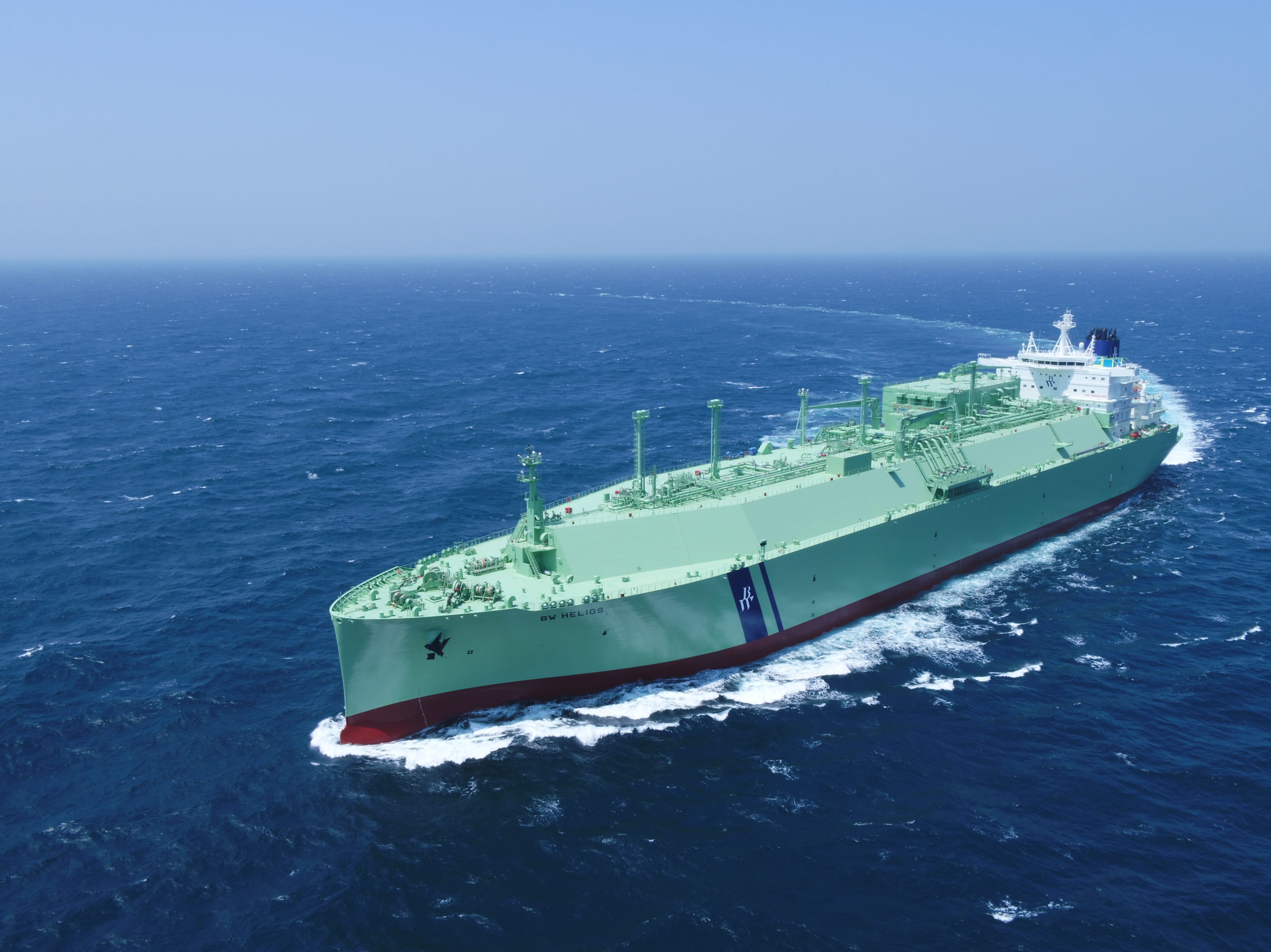Daewoo Shipbuilding and Marine Engineering (DSME) has engaged TMC Compressors (TMC) to provide the global marine market’s most energy-efficient marine compressed air system to four LNG vessels the South Korean shipbuilder is constructing for BW LNG.

Under the contract, TMC will provide its Smart Air compressors, which can offer up to 40 percent energy saving compared to conventional compressors. The system will consist of control and service air compressors.
According to BW LNG, the four LNG carriers also feature ME-GI propulsion, full re-liquefaction system, air lubrification system and shaft generators, giving superior fuel consumption and best-in-class emissions.
“When you look at the environmental profile of the four LNG vessels, with BW LNG investing in enabling lowest possible fuel consumption, emissions and operating costs, we are immensely proud but not surprised that DSME opted to go for our Smart Air compressors. The various fuel-reducing technologies are a great match for each other,” says Jens Erik Tøstad, International sales manager at TMC.
Frequency-controlled technology
TMC’s Smart Air compressors are based on a frequency-controlled technology that offers precise control of the compressor speed. Simply explained: the speed of the electrical motor will adjust itself according to what is required to produce the exact air volume necessary to meet the actual compressed air consumption at all times. In turn, lower air consumption requires less speed on the compressor, and this directly results in less power consumption.
“In total, our Smart Air compressors can offer up to 40 percent energy saving compared to conventional compressors. It is a wise investment from both a financial and environmental perspective,” adds Jens Erik Tøstad.
Norway-headquartered TMC, which manufactures marine compressors solely for marine and offshore use, will manufacture, assemble and test the equipment in Europe and ship it to DSME in South Korea.
The four 174,000 cbm LNG carriers that DSME is building for BW Gas will be delivered in 2025.